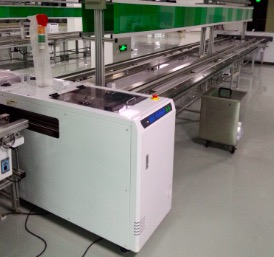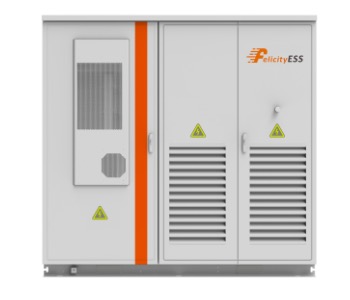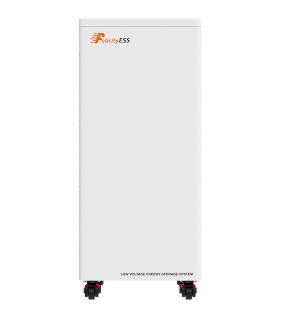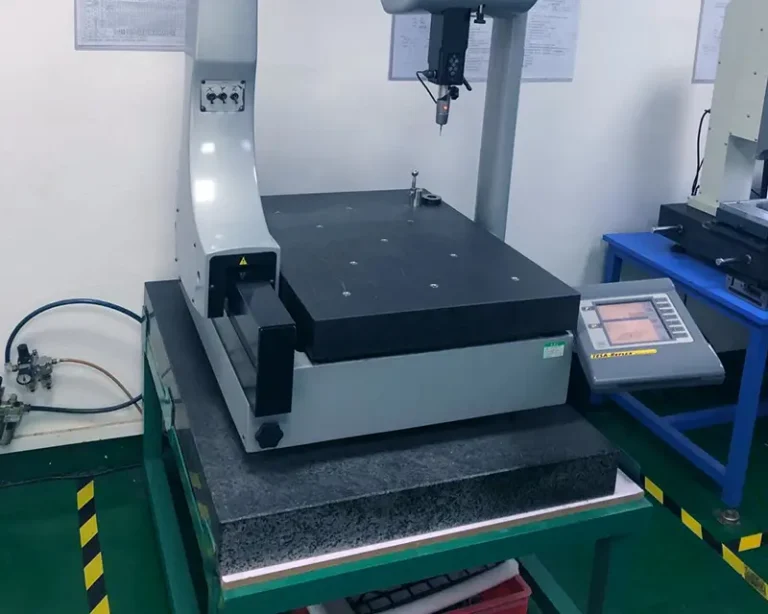目录
As the world shifts towards renewable energy sources, the need for reliable, efficient energy storage solutions is becoming increasingly important. Battery storage inverters play a crucial role in this transition, allowing stored energy to be converted into usable electricity. Whether you are integrating solar panels into your home, running an off-grid system, or enhancing your business’s energy efficiency, battery storage inverters are essential for managing and distributing stored energy.
In this blog, we’ll delve into the key features of battery storage inverters, their benefits, and why they are essential in modern energy systems.
What is a Battery Storage Inverter?
A battery storage inverter is a device that converts the DC (Direct Current) power stored in batteries into AC (Alternating Current) power, which is used to power homes, businesses, or grid systems. These inverters are a key component in energy storage systems, especially those integrated with renewable energy sources like solar panels or wind turbines.
In essence, the inverter makes the stored energy usable, ensuring that it can be delivered when needed—whether during peak demand times, outages, or when renewable generation is low.
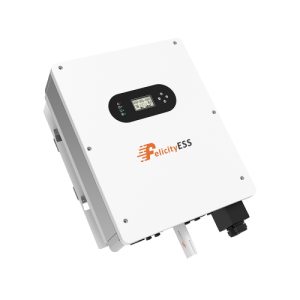
How Do Battery Storage Inverters Work?
Battery storage inverters work with a battery system and an energy source like solar or wind. Here is a simple flow of how it works:
- Energy Generation: Solar panels or wind turbines generate DC electricity, which can either be used directly or stored in batteries for later use.
- Energy Storage: When more energy is generated than needed, the excess is stored in a battery bank as DC power.
- Conversion to AC Power: When the stored energy is needed, the battery storage inverter converts the DC power into AC power, making it suitable for running household appliances, industrial equipment, or feeding back into the grid.
- Smart Energy Management: Many modern battery storage inverters have smart management systems, allowing users to monitor energy usage, optimize storage, and control power flow.
Benefits of Battery Storage Inverters
- Energy Independence
Battery storage inverters allow homeowners and businesses to store excess energy generated from renewable sources like solar or wind. This energy can be used during times of high demand, grid outages, or when renewable generation is low, reducing reliance on the grid and providing greater energy independence. - Maximizing Renewable Energy
In systems with solar panels or wind turbines, there are times when more energy is produced than can be used immediately. Battery storage inverters ensure that this surplus energy is stored rather than wasted, optimizing renewable energy usage and lowering electricity bills. - Backup Power During Outages
For those living in areas prone to power outages, battery storage inverters can provide a reliable backup power source. They can automatically switch to battery-stored energy when the grid fails, keeping critical systems and appliances running.
Conclusion
Battery storage inverters are key components in modern energy systems, especially as renewable energy adoption grows. By enabling the conversion and storage of energy, these inverters help maximize the potential of renewable sources, provide backup power, and allow for smarter, more efficient energy management.
0
